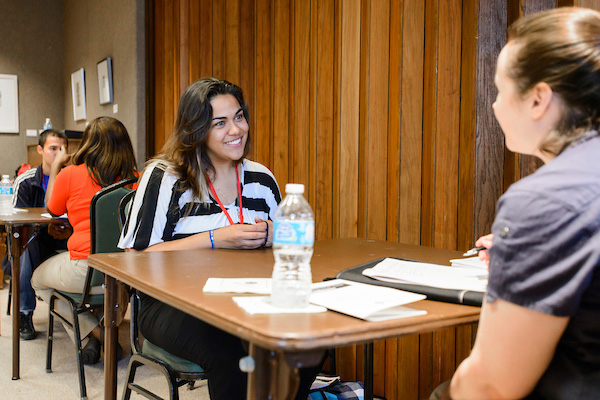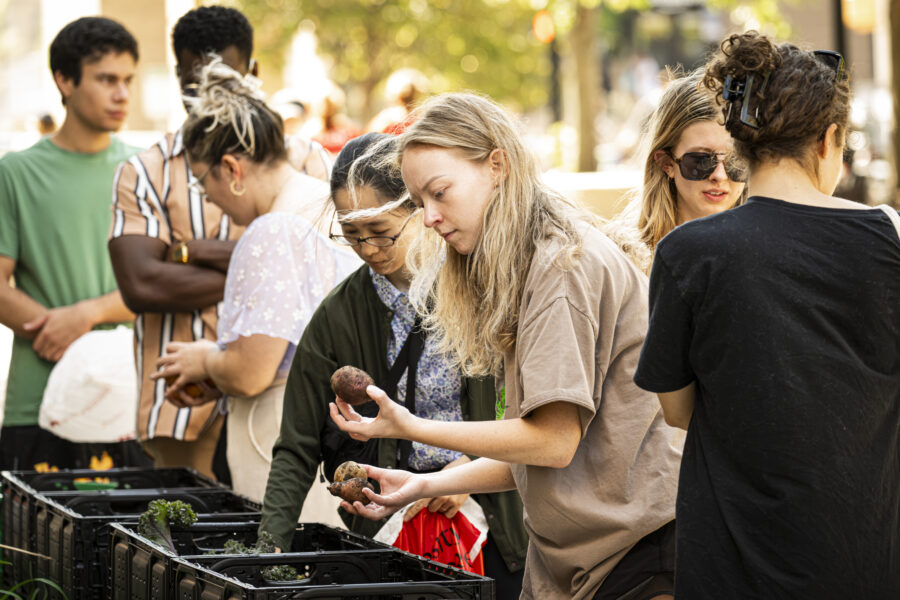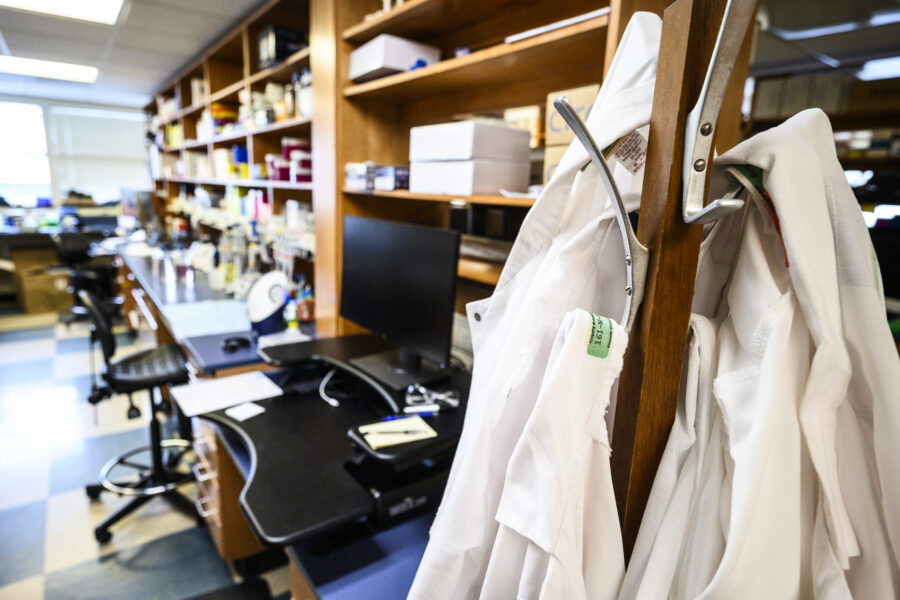About Medical Laboratory Science
According to The American Society for Clinical Laboratory Science (ASCLS), Medical Laboratory Scientists analyze patients’ blood and other body fluids and specimens to generate accurate clinical data that inform medical decisions.
Medical Laboratory Scientists can work in hospital and clinic laboratories, industry, research, public health, education, health care administration, forensics, and more. They perform testing in areas such as clinical chemistry, hematology, immunology, microbiology, molecular biology, and blood banking.
They typically work behind the scenes in a non-patient facing role, however, some Medical Laboratory Scientists assist in collecting patient samples through phlebotomy or in procedures such as bone marrow biopsies.

Learn more about careers in laboratory science by visiting laboratorysciencecareers.com or whatsmynext.org.
Note: UW-Madison does not offer a Medical Laboratory Science program. While this field is not among CPHA’s primary areas of advising expertise, we are here to support you in exploring the career, building helpful experiences, and navigating some aspects of professional program applications. Talk with us if you have questions!
Degree/Certification Paths
Medical Laboratory Scientist (MLS)
Become a Medical Laboratory Scientist by completing the following steps:
- Complete a NAACLS accredited bachelor’s or master’s program in Medical Laboratory Science consisting of didactic and clinical components.
- Pass the American Society for Clinical Pathology (ASCP) Board of Certification exam. Some states require licensure in addition to certification.
- Maintain the certification by completing continuing education credits.
Medical Laboratory Technician (MLT)
Become a Medical Laboratory Technician by completing the following steps:
- Complete a NAACLS accredited associate’s program in Medical Laboratory Technology consisting of didactic and clinical components.
- Pass the American Society for Clinical Pathology (ASCP) Board of Certification exam. Some states require licensure in addition to certification.
- Maintain the certification by completing continuing education credits.
Explore Your Interest in Medical Laboratory Science
Shadowing & Informational Interviews
An excellent way to explore your interest in the profession is by talking directly with Medical Laboratory Scientists. Shadow or conduct informational interviews with Medical Laboratory Scientists to learn what their day is like. Look for professionals on hospital websites, LinkedIn, Instagram, or TikTok and see if they are willing to talk about their career.
Volunteering
Medical Laboratory Science programs look for applicants who demonstrate a sustained commitment to serving others. Learn more about opportunities to volunteer in clinical and non-clinical settings.
Jobs
Getting a job in a clinical laboratory or research laboratory setting is a great way to learn about the practical aspects of the field. Consider specimen processing, phlebotomy, or laboratory assistant positions. Confirm that this work is something you enjoy!
Additional Exploring Resources
Former CPHA advisor Emily Faultersack studied Medical Laboratory Science at UW-Stevens Point and worked as a Medical Laboratory Scientist before becoming a pre-health advisor. Emily worked as a generalist, which means she worked in a variety of lab areas such as Hematology, Chemistry, Urinalysis, Blood Bank, and Microbiology. Reach out to Emily via LinkedIn to learn more about her experience.
Finding a Program
NAACLS Program Directory (Search Medical Laboratory Scientist under Program Type for bachelor’s and master’s programs. Search Medical Laboratory Technician for associate’s programs.)
Learn more about UW-Stevens Point’s Bachelor’s in Medical Laboratory Science by visiting their website.
Learn more about RUSH University’s Master of Science (MS) in Medical Laboratory Science by visiting their website.
Educational & Professional Assocations
Application Process
View individual program websites for application information. Our “Applying to Health Professions Programs” webpage provides a good overview of common application components.
Coursework requirements vary from school to school, so it’s always necessary to consult program websites. Find a list of programs via the NAACLS Program Directory.
Additional Resources
Scholarships:
- View Alpha Mu Tau scholarships available through the American Society for Clinical Laboratory Science (ASCLS) Education and Research Fund.
- The Wisconsin chapter of the American Society for Clinical Laboratory Science (ASCLS) scholarships.


